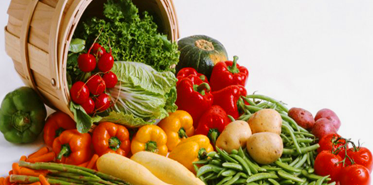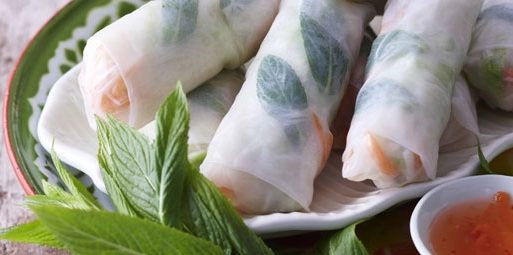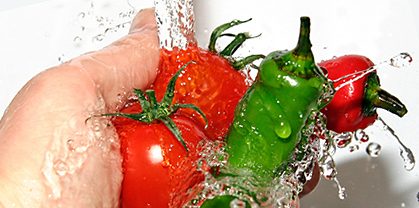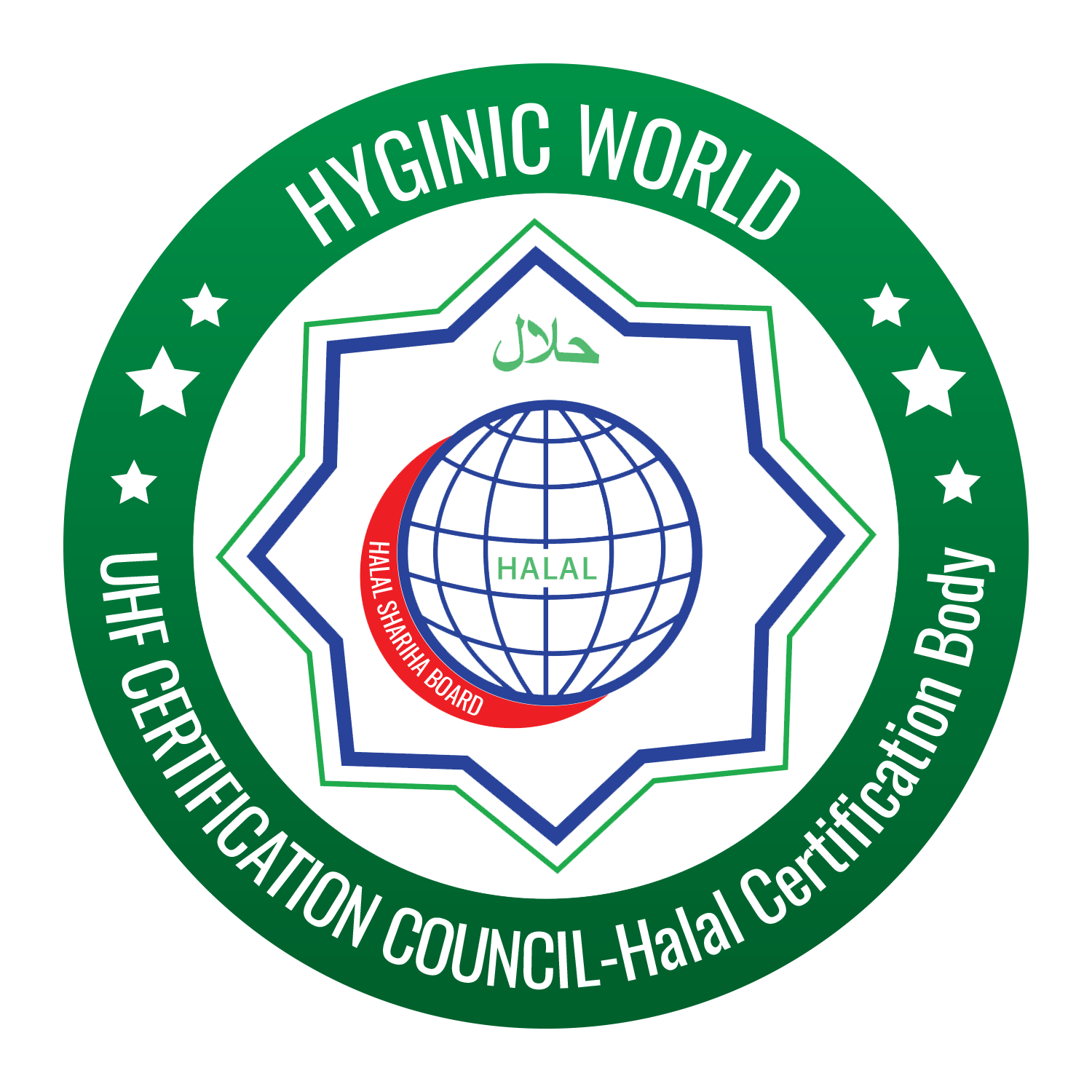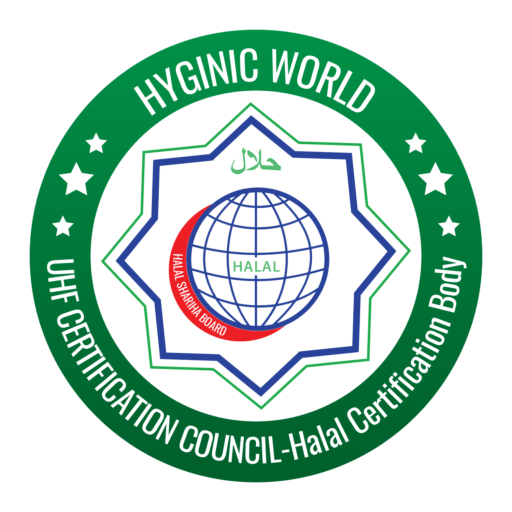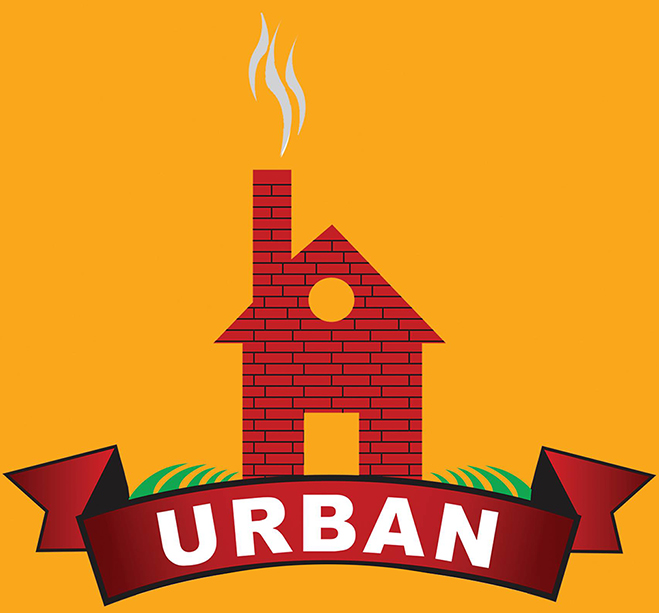What is Halal
In Islam, beside prayer and other religious activities, eating is respected as a matter of worship of God. Muslims consume to maintain good health in order to perform their duty to contribute their knowledge and efforts for the welfare of society. Islam has no desire to make people’s lives difficult, narrow, and circumscribed: on the contrary; he desires ease, goodness, guidance, and mercy for them. Eating Halal is not only a religion governed rules and manners but also a way of life and they reflect Islamic ideas and values.
Islam shows mercy towards people in that whenever it forbids something it provides a better substitute with which to replace it. Islam forbids usury but allows profitable business. Islam forbids gambling, but allows winning prizes in contests of shooting, racing, wrestling, etc.
Islam forbids adultery but urges Muslims to marry as soon as they can support a family. Islam ban drinking alcohol but permit all other good and healthy drinks. Islam forbids what is bad in food but allows what is good and nourishing. In Arabic, Halal (also sometimes spelled halal) is a Quranic word meaning anything that is ‘lawful’ legal, licit, legitimate, permissible, allowable, authorized, unprohibited, unforbidden or un proscribed or acceptable to all aspects of daily life and betterment of social context. The word “Halal” is associated with the word “Toyyib” which means ‘good’ This is clearly stated in Quran:
“O mankind Eat of that which is lawful and good on the earth, and follow not the footsteps of Shaitan (Satan). Verily, he is to you an open enemy.” (Quran 2:168)
Within the Islamic religion, a strong emphasis is placed on cleanliness – both spiritually and in the context of food and drinks.
For a food or drink product to be approved for consumption it must conform to the Islamic dietary laws as specified in the Quran, the Hadith (sayings) of the Prophet Muhammad, his Sunnah (tradition) and in the Fiqh (understanding) of the Islamic Jurists : Hanafi, Shafi’, Maliki and Hambali.
In Food, the term is most commonly used in the narrower context of Muslim dietary laws. Islam has laid down three very important guidelines, specially where Halal meat (Dhabiha) and poultry (Zabiha) are concerned.
– Whether the consumption of the foodstuff is prohibited by Allah,
– Whether the Halal food is obtained through Halal or Haram means, and
– Whether or not the material is harmful to health.
– There are several factors that determine the Halal/ Haram status of a particular Halal product. Amongst others, it is dependent on its nature, how it was processed and where it originated from.
– There are mainly two terms that mean Islamic prohibition or restriction on food: Halal and Haram .
Remember, Halal can be eaten by non Muslims, however Muslims will only eat Halal Only.
What is Haraam
Non-Halal, also traditionally know as ‘Haram’ means anything that is unlawful or unallowable, forbidden, interdicted, illegal or banned and they are regarded as Najis (unclean) in Islamic thinking. Haram is always associated with what is bad and harmful such as behaviour, speech, dress, conduct, manner and Islamic dietary law.
Haramis a widely-used synopsis to define all that is “forbidden” or “illicit” by God. This can be an act of sin or evil or consumption or benefit from flesh or otherwise of certain animals, or those animals that are not forbidden deemed not to have been Islamic slaughtered in accordance to God’s prescribed teaching.
Anyone who engages in Haram is liable to incur the punishment of Allah in the Hereafter – (Life after death. Muslims believe that Man’s life is not limited to the short span of earthly existence, rather it continues after death. )
Also Haram is food that has been stolen or acquired through unethical means. Islam also prohibits the usage of any materials that are detrimental to the spiritual or mental well-being of a person, such as alcoholic drinks and drugs.
Some Arabic Term
“Allah” — is the standard Arabic word for “God”.
“Al-gharar” — risk or “that whose consequences are hidden.”
“As-Salat” — the prayer
“Dibagh” — washing method and ritual cleansing according to Shariah law
“Dhabiha Halal Dhabh” — refers to meat and poultry properly slaughtered by a Muslim according to Islamic rituals and laws
“Fiqh” — Islamic jurisprudence. It is an expansion of what is called the Divine Law
“Fiqh al-Muamalat” — Islamic rules on transactions
“Halal” — an Arabic term meaning “permissible”.
“Hanafi” — among the four established Sunni schools of legal thought in Islam, the Hanafi school is the oldest
“Hanbali” — is one of the four schools (Madhhabs) of Fiqh or religious law within Sunni Islam
“Halkoom” — windpipe / trachea
“Haraam” — mean “forbidden”
“Mirree” — throat / oesophagus
“Maliki” — madhab (Arabic) is one of the four schools of Fiqh or religious law within Sunni Islam
‘Makrooh” — disliked
“Murabaha” — defined as a particular kind of sale or mortgage, compliant with shariah
“Makruh” — discourage
“Mubah” — neither forbidden nor commended
“Musharakah” — joint venture
“Murabahah” — cost plus
“Mudaraba” — venture capital
“Mushbooh” — suspected
“Musthabahat” — on the borderline between the Halal and Haram
“Mashbuh” — having doubt
“Mughallazaha filth” — in contact with Haram
“Najis” — filthy
“Najasa” — unclean
“Ibadah” — worship
“Ijara wa Iqtina” — shariah compliant mortgages
“Ijtihad” — Islamic law that describes the process of making a legal decision by independent interpretation of the legal sources
“Ijarah” — lease, rent or wage
“Riba” — “usury” or excessive and exploitative charging of interest
“Samak” — Islamic Cleaning and Sanitation
“Shaitan” — satan
“Sharia” — is the body of Islamic law
“Shafi’” — a prominent school of Islamic jurisprudence
“Sheik” — a respected old man
“Shechita” — kosher slaughtering ritual
“Sunnah” — the way of the prophet
“Shubhah” — suspicion
“Syubhah” — questionable or dubious
“Sunnis” — the largest denomination of Islam
“Taharah” — purity
“Takaful” — islamic insurance
“Toyyib” — good
“Ulama” — the people of Islamic Knowledge
“Wadiah” — safekeeping
“Wadijan” — jugular veins
“Yasir” — minor risk
“Zabiha” — Islamic slaughter
“Zakat” — is the Islamic concept of tithing and alms
 HYGIENIC WORLD
HYGIENIC WORLD
 UHF Certification Council
UHF Certification Council
 Halal Certification Body
Halal Certification Body



